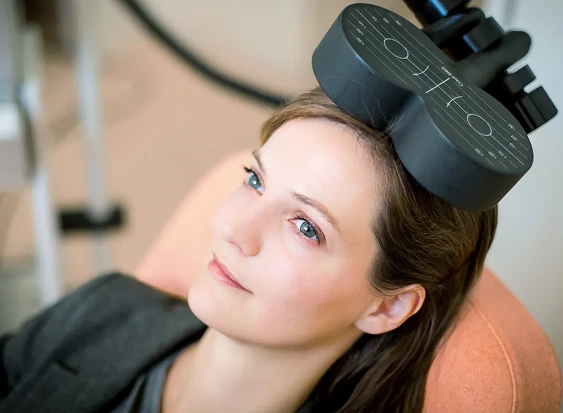Are There Any Side Effects?
TMS is generally well-tolerated, but like any treatment, it may cause mild side effects, such as scalp discomfort or headache, during or after the session. These are usually temporary and lessen over time. Because TMS targets specific brain regions involved in mood regulation, the effects are localized and do not impact the entire body. If you have other medical conditions, discussing them with your provider is essential to ensure TMS is safe for you. Backed by extensive research, TMS has been shown to support long-term healing and emotional recovery for many individuals struggling with treatment-resistant conditions.


